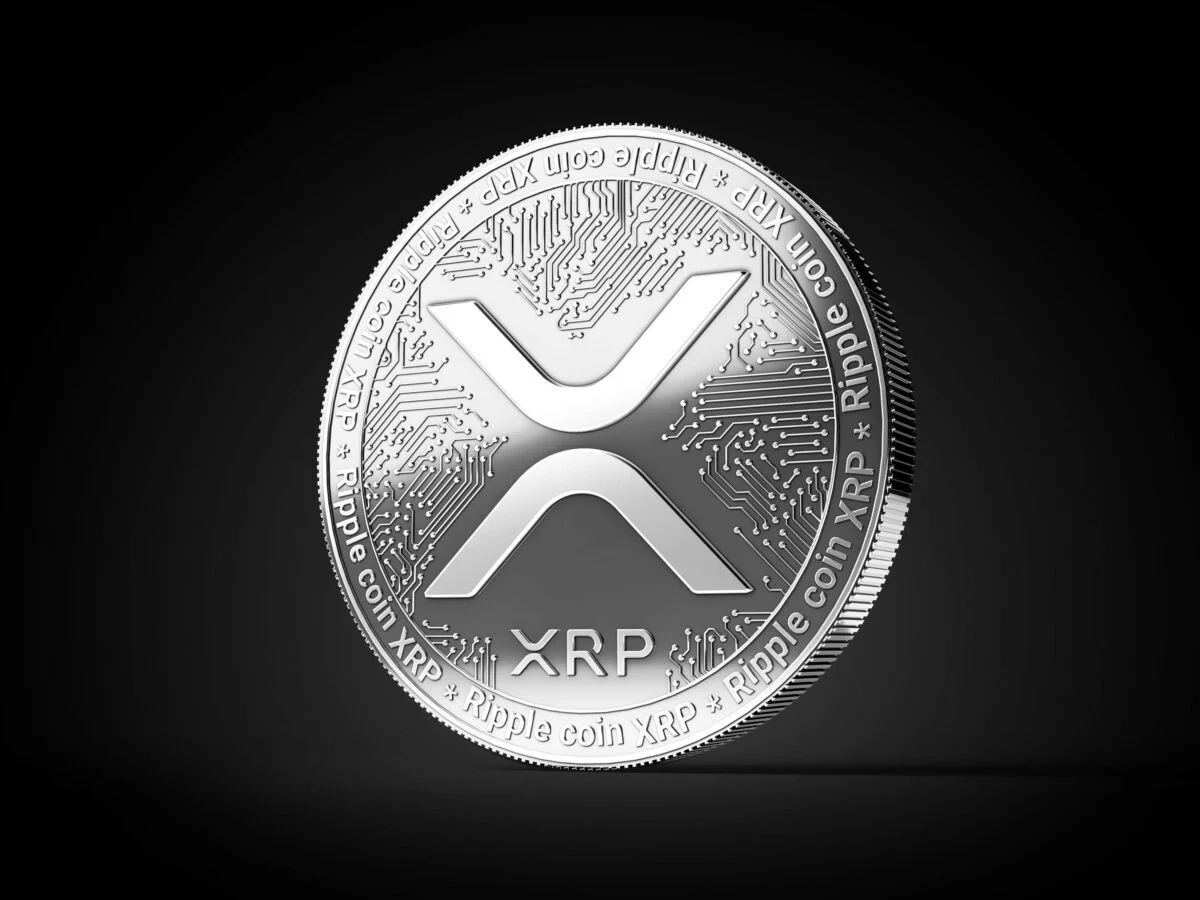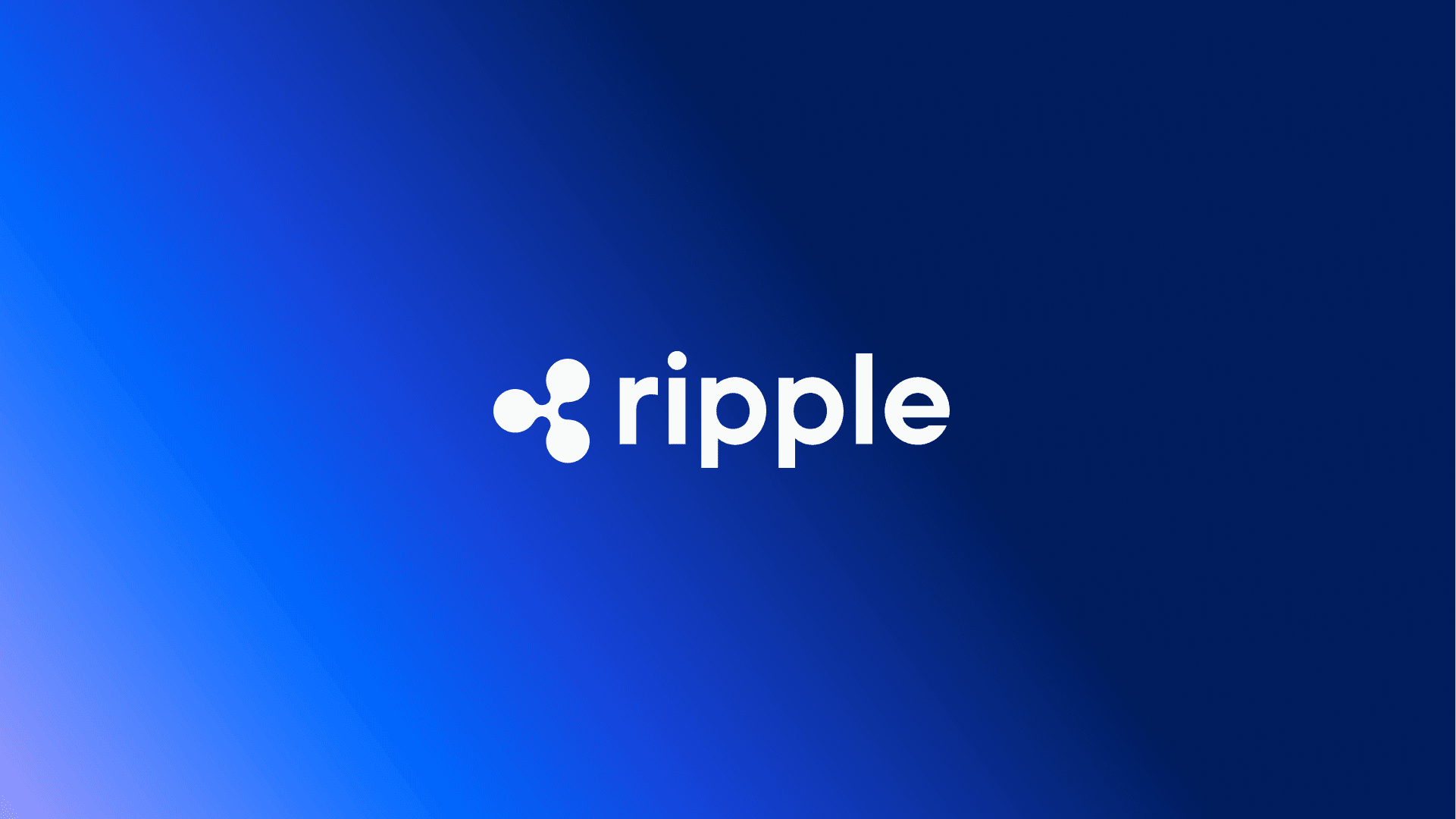Codius is an open-source, smart contract platform designed to enable the creation and execution of decentralized applications (dApps) and smart contracts. It was initially developed by Ripple, the company behind the XRP Ledger, with the goal of expanding the functionality of blockchain technology beyond simple payments.
💡 Key Features of Codius 💡
1️⃣ Smart Contracts: Codius allows developers to write and deploy smart contracts in various programming languages, such as JavaScript.
2️⃣ Interoperability: It is designed to work with multiple blockchains, including the XRP Ledger, enabling cross-chain functionality.
3️⃣ Decentralized Hosting: Codius uses a decentralized network of hosts to run smart contracts, ensuring resilience and scalability.
4️⃣ Flexible Payments: Smart contracts on Codius can interact with multiple payment systems, including XRP and other cryptocurrencies.
🔗 How Codius Relates to the XRP Ledger and Ripple 🔗
1️⃣ Complementing the XRP Ledger:
The XRP Ledger is primarily optimized for fast, low-cost payments. Codius was envisioned as a way to add programmability to the XRP ecosystem, enabling more complex use cases like decentralized finance (DeFi), tokenization, and automated agreements.
2️⃣ Ripple's Vision:
Ripple initially developed Codius to expand the utility of the XRP Ledger and attract developers to build innovative applications on top of it. While Ripple has since shifted its focus to other projects, Codius remains an important part of the XRP ecosystem's history and potential future.
3️⃣ Interledger Protocol (ILP):
Codius is closely tied to Ripple's Interledger Protocol (ILP), which facilitates seamless transactions across different blockchains and payment networks. Together, Codius and ILP could enable cross-chain smart contracts and payments, further enhancing the utility of XRP.
🚀 Potential Use Cases for Codius 🚀
1️⃣ Decentralized Finance (DeFi):
Codius could enable DeFi applications on the XRP Ledger, such as lending, borrowing, and decentralized exchanges.
2️⃣ Tokenization:
Developers could use Codius to create and manage tokenized assets, such as real estate, stocks, or commodities, on the XRP Ledger.
3️⃣ Automated Payments:
Smart contracts on Codius could automate complex payment workflows, such as escrow services or subscription-based payments.
4️⃣ Cross-Chain Interoperability:
Codius could facilitate interactions between the XRP Ledger and other blockchains, enabling seamless asset transfers and data sharing.
📜 The History and Future of Codius 📜
2018: Ripple announced Codius as a way to bring smart contract functionality to the XRP ecosystem.
2019: Ripple shifted its focus away from Codius to prioritize other projects, such as On-Demand Liquidity (ODL) and RippleNet.
2023 and Beyond: While Codius is no longer actively developed by Ripple, the open-source nature of the project means that the community could revive and expand it in the future.
🌐 How Codius Could Impact the XRP Ecosystem 🌐
If Codius were to be fully integrated with the XRP Ledger, it could unlock a new wave of innovation and adoption. Developers could build powerful dApps and smart contracts, making XRP not just a payment tool but a full-fledged platform for decentralized applications including the derivatives market.
🔗 Learn More About Codius 🔗
🚀 Codius: A Gateway to a More Programmable XRP Ecosystem 🚀
(Note: Codius is currently not actively developed by Ripple, or so it seems, but its open-source nature leaves the door open for community-driven innovation.)












 All while Pfizer—a company with a $2.3 billion criminal fine for fraudulent marketing, bribery, and kickbacks—was given blanket immunity from liability and billions in taxpayer dollars to produce a vaccine in record time with no long-term safety data.
All while Pfizer—a company with a $2.3 billion criminal fine for fraudulent marketing, bribery, and kickbacks—was given blanket immunity from liability and billions in taxpayer dollars to produce a vaccine in record time with no long-term safety data.
























